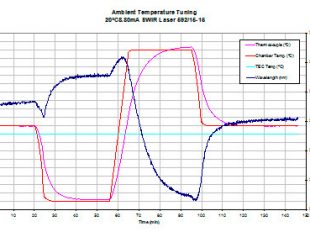Semiconductor lasers (or laser diodes) operating in the wavelength region of 1.8 µm to 3 µm are attractive light sources for applications including remote sensing, laser spectroscopy or pollutant detection. Highly strained InGaAs Quantum Wells (QW) grown on InP substrates can... Continue reading
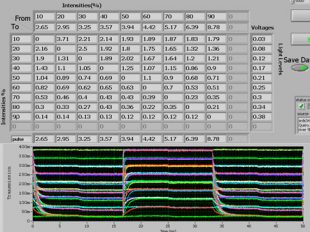
Objectives of the project: Identify, review and evaluate the current status of programmable optoelectronic adaptive elements (POE), design and manufacture a POE produced to an agreed specification (Laser steering POE), test and characterize the produced POE. A particularly... Continue reading
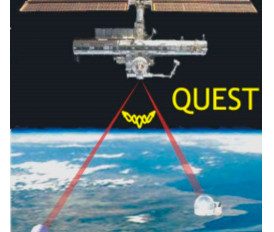
Quantum communications offers many advantages for secure data transmission, e.g. confidentiality, integrity, eavesdropper’s detectability. Information is encoded in quantum bits (qubits), intrinsic physical properties, such as polarization of a photon. Quantum physics allows... Continue reading
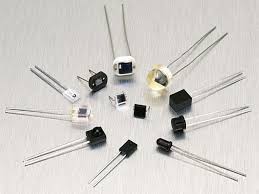
The Reliability Assessment of Area PIN SI Photodiodes was a exhibition theme in the First International Symposium on Reliability of Optoelectronics for Space that took place in Cagliari Italy , between May 11 – 14, 2009. INTA, the Instituto nacional de Técnica Aeroespacial in... Continue reading
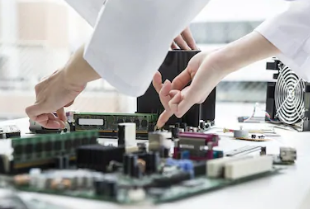
After expose key elements on the evaluation of Optoelectronic Components for Space Applications, where thermal vacuum and other environmental restrictions such temperature range, radiation or vibration and examples of Optoelectronic characterizati0ons done in our laboratories... Continue reading
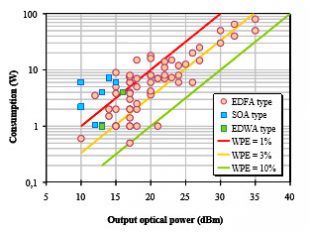
This paper describes the activities and results of an ESA-funded project concerned with the assessment of optical amplifier technologies and products for applications in fiber optic subsystems of future satellite payloads. On-board applications are briefly introduced, together... Continue reading
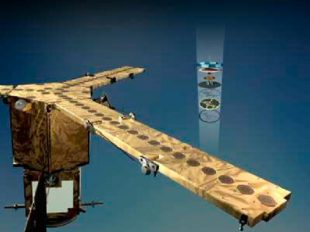
A dedicated evaluation and qualification campaign has been performed on several optical COTS components in order to use them on ESA’s SMOS mission. The evaluation phase consisted of a set of critical tests and analyses and led to the selection of the flight lot component. After... Continue reading
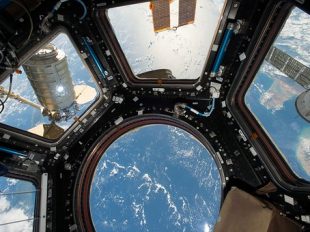
The Single event effects is becoming more and more important due to the devices technology evolution, the increase demand of COTS use (and other non characterized devices against radiation), and the radiation requirements request by new missions and applications. In this paper... Continue reading

Conferences & Publications Innovation; Continue reading

